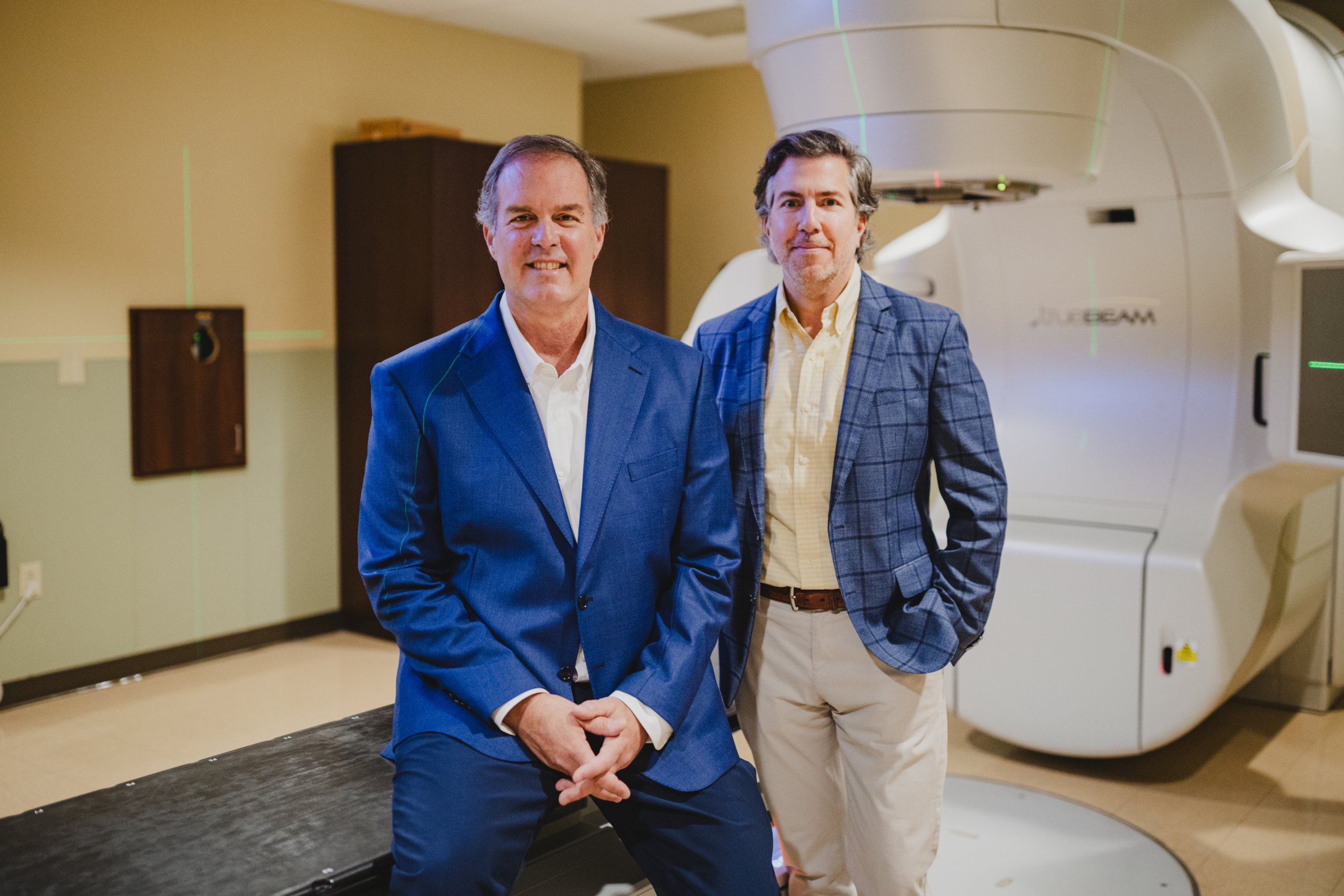Colorectal Cancer Month: Reliving the 80s and Prevention Screening

Colorectal Cancer Month: Reliving the 80s and Prevention Screening
Who doesn’t love reminiscing about the glory days of high school? In the 1980s, the fashion was all about teased hair, ripped jeans and blue eyeshadow. But if you’re considering pulling out your neon colored leggings or Top Gun inspired jumpsuit, you should also be tuning in to your wellness milestones.
Throughout the year, and especially during March Colorectal Cancer Awareness Month, Harbin Clinic encourages everyone 50-years-old and older to schedule a preventative screening for colorectal cancer.
We may not think about our colons often, but they play an important role in good health. The colon helps absorb water and nutrients while helping your body get rid of waste and toxins.
According to the American Cancer Society, colorectal cancer is the second most common cause of cancer-related deaths when men and women are combined.
More than 50,000 Americans die from colorectal cancer annually and more than 90 percent of colorectal cancers occur in people over the age of 50. However, scheduled screenings help significantly reduce and prevent colorectal cancer.
“We encourage everyone, especially those age 50 and over, to talk to their primary care physician about screening for colon cancer,” Harbin Clinic Gastroenterologist Dr. H. Whitney Jennings says. “It’s vital to get screened, because the earlier we can catch the cancer, the better chance you have of beating it.”
Trade in your Perm for Prevention
When discovered during its early stages, colorectal cancer is one of the easier cancers to detect and treat.
The expert physicians at Harbin Clinic Gastroenterology Endoscopy and GI Lab use the most innovative and cutting-edge screening technologies and methods for detecting colorectal cancer, including a colonoscopy.
“Colon cancer is preventable by identifying and removing precancerous polyps that are detected with a screening colonoscopy,” says Dr. Jennings. “Patients typically have monitored anesthesia care during the colonoscopy. The patient will be asleep which allows them to have a comfortable experience during the procedure.”
A colonoscopy is a routine procedure that uses a thin, flexible tube, known as a colonoscope, to view the entire length and inner lining of the large intestine, including the colon and rectum. Colonoscopies are also performed to identify tumors, ulcers, inflammation, bleeding and other intestinal issues.
This method of screening detects colon polyps, or abnormal growths of tissue, which can turn cancerous over time. The vast majority of polyps can be removed during a routine colonoscopy, therefore preventing the development of colon cancer. Colonoscopies also help identify ulcers, tumors, areas of bleeding or inflammation and other intestinal problems.
Know Your Risk
The American Cancer Society reports that 1 in 3 Americans are not up to date with colorectal cancer screenings and the number of people diagnosed under the age of 50 is rapidly increasing.
Many lifestyles and family history factors have been linked to colorectal cancer, such as:
- Age – the risk of colon cancer increases with age and is more common after age 50.
- Alcohol – moderate to heavy alcohol use has been linked to colon cancer. Limiting alcoholic drinks to 1 to 2 a day may have many health benefits and decrease your risk of cancer.
- Nutrition – a diet that’s high in red and processed meats may raise your risk of developing colon cancer.
- Family history – approximately 1 in 3 people diagnosed with colon cancer have family history of the disease.
- Overweight – the risk of developing or dying from colon cancer is much higher for those that are overweight or obese. The link between colon cancer and having a larger waistline is greater in men.
- Personal history – having history of adenomatous polyps increases your risk of developing colon cancer again, even if it was completely removed the first time.
- Physical inactivity – the lack of physical activity increases your chance of developing colon cancer. Increasing your physical exercise can help lower your risk.
- Smoking – the use of tobacco products over a long period of time increases the chance of developing and dying from colon cancer.
In the last decade, more people are getting screened for colon cancer, which has led to a decline in the rate at which individuals over 50 years old are being diagnosed with the disease.
Join the trend of getting screened by speaking with your primary care physician to discuss your risk factors and when you should be screened. For more information, visit Harbin Clinic Gastroenterology at https://harbinclinic.com/gastroenterology.


